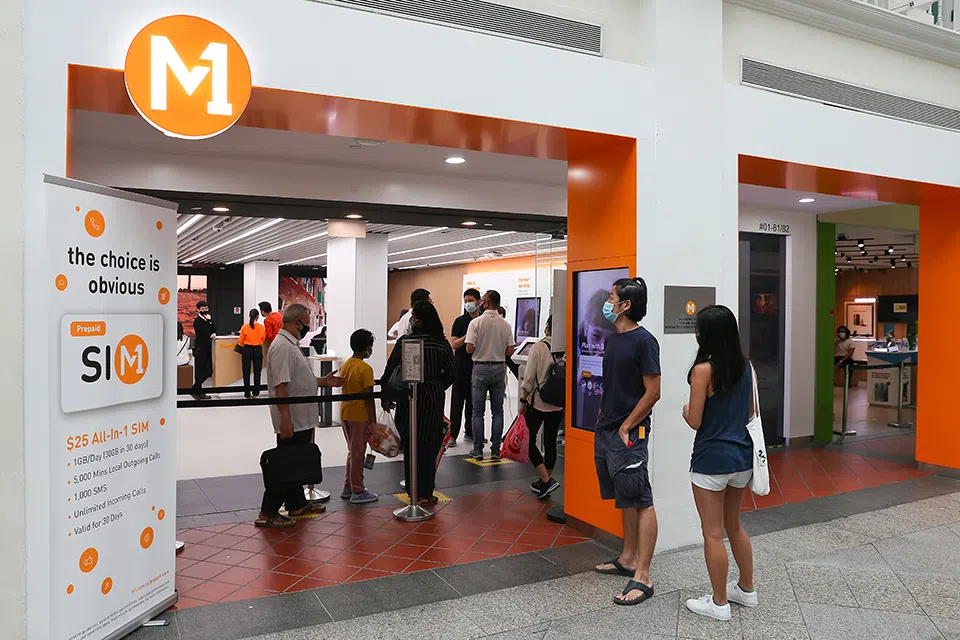MOBILE network operator M1 plans to add solar panels to 10 more of its base transceiver stations (BTS) sites in 2025, announced the Keppel subsidiary on Monday (Sep 2), after doing the same for eight such sites across Singapore to date.
M1 estimates that its move has reduced each BTS site’s electricity consumption by 20 per cent or 4,800 kilowatt-hours (kWh) per year, per site.
The company also intends to continue to monitor green technology trends and conduct trials to increase its green energy usage, in its bid to decarbonise its network operations.
M1 implemented smart network management technology across its 4G network in July 2024, following the completion of a pilot trial for its adoption.
The technology is designed to reduce 4G radio network electricity consumption by dynamically adjusting the power consumption of network elements based on real-time traffic conditions.
Initial assessments from the trial indicated potential energy savings of up to 300,000 kWh per year across M1’s network.
BT in your inbox
Start and end each day with the latest news stories and analyses delivered straight to your inbox.
“By integrating innovative technological solutions like Smart Network Power Management and renewable energy sources such as solar power, M1 is paving the way for a more eco-friendly telco industry,” said chief technology officer Denis Seek.
The announcement of M1’s latest sustainability initiatives coincided with the launch of the telco’s sustainability report for 2023, which indicated a 3.2 per cent reduction in total energy consumption compared with 2022.
Electricity consumption from renewable sources in 2023 was significantly higher at 22.9 per cent, from just 0.6 per cent in 2022. The company aims to boost its energy consumption from renewable sources to at least 30 per cent in 2024, and 50 per cent by 2025.
For 2023, M1 reduced Scope 1 and 2 emissions by 22.4 per cent on the year.
It targets halving its Scope 1 and Scope 2 emissions by 2030, followed by net zero for both types of emissions by 2050 – in line with Keppel’s target. This includes minimising increased energy usage despite the expansion of M1’s communications networks and service offers.
Scope 1 emissions refer to direct greenhouse-gas emissions which are released through activity at a facility level, while Scope 2 emissions refer to those released at the power station for the generation of electricity that a company consumes.







